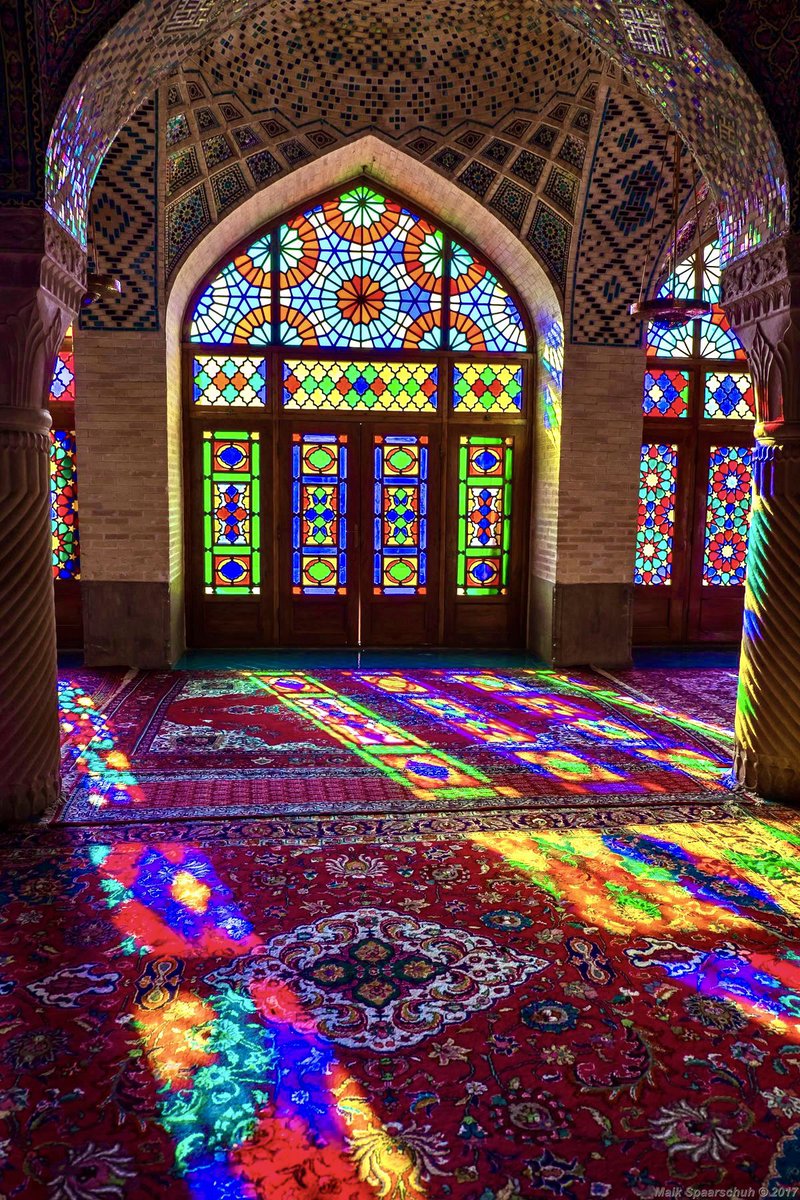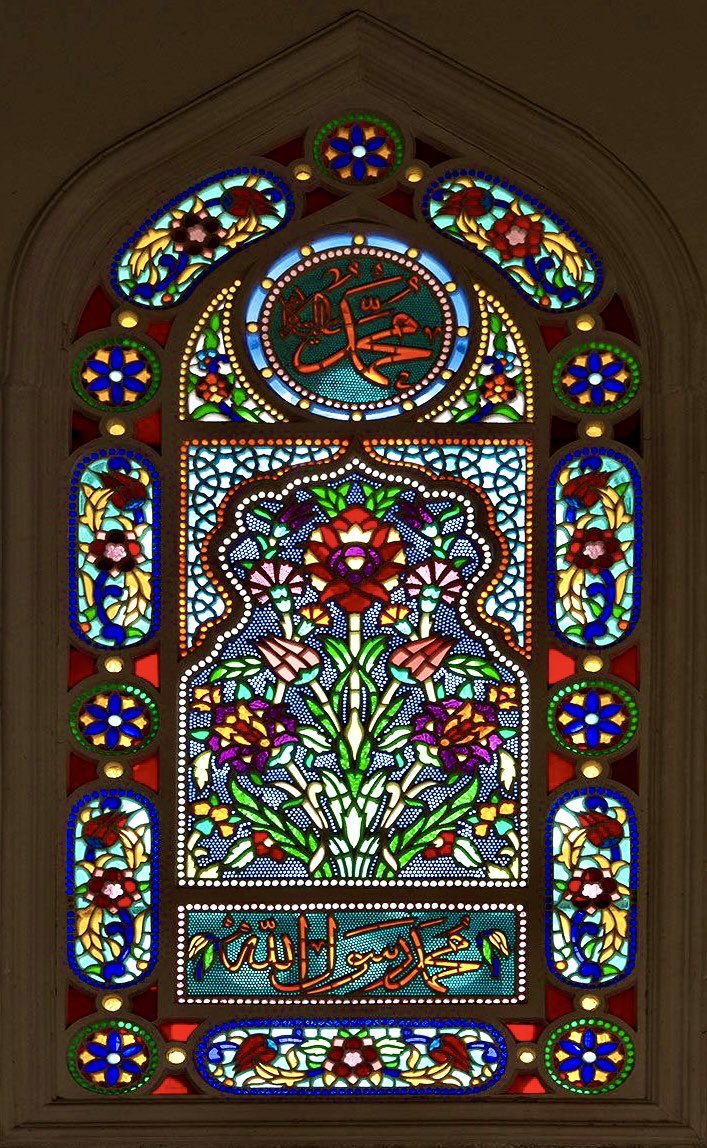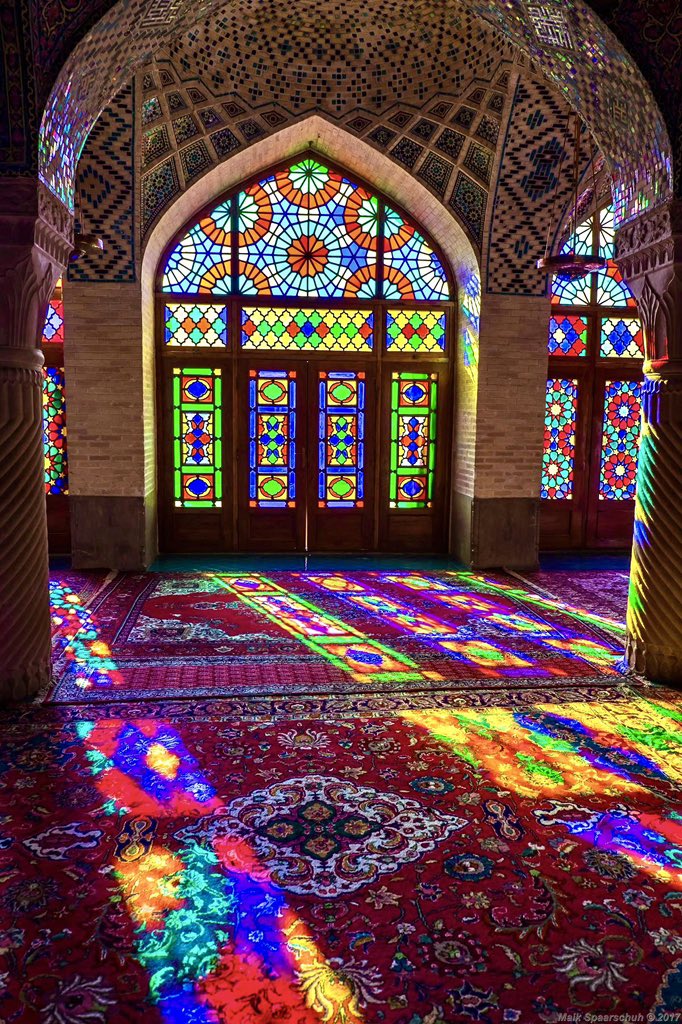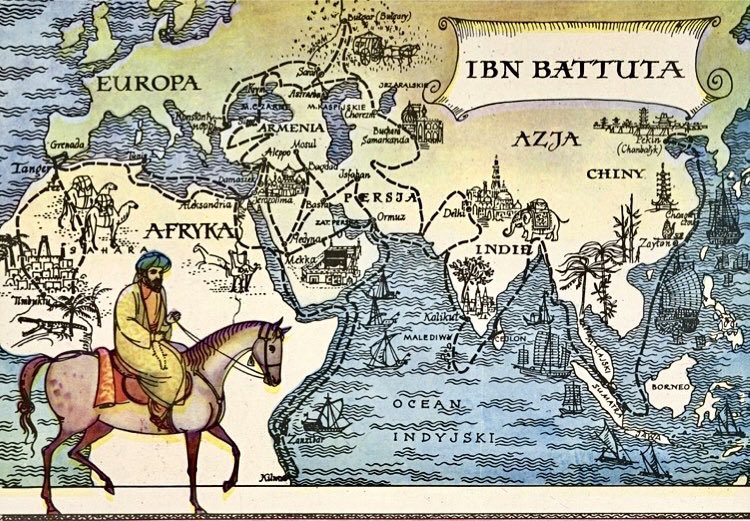Cats were valued by Islamic scholars, who are said to have kept them in their libraries, because they would prey on mice that would ruin books. Cats are often depicted in paintings alongside Islamic scholars & bibliophiles
For Caturday, a thread on cats, books and the Qur’an…
For Caturday, a thread on cats, books and the Qur’an…

1/ “Cats do not invalidate the prayer because they are one of the things that are useful in the house”
- Prophet Muhammad ﷺ.
Narrated by Abu Hurairah. Ibn Majah 369
#Caturday
- Prophet Muhammad ﷺ.
Narrated by Abu Hurairah. Ibn Majah 369
#Caturday
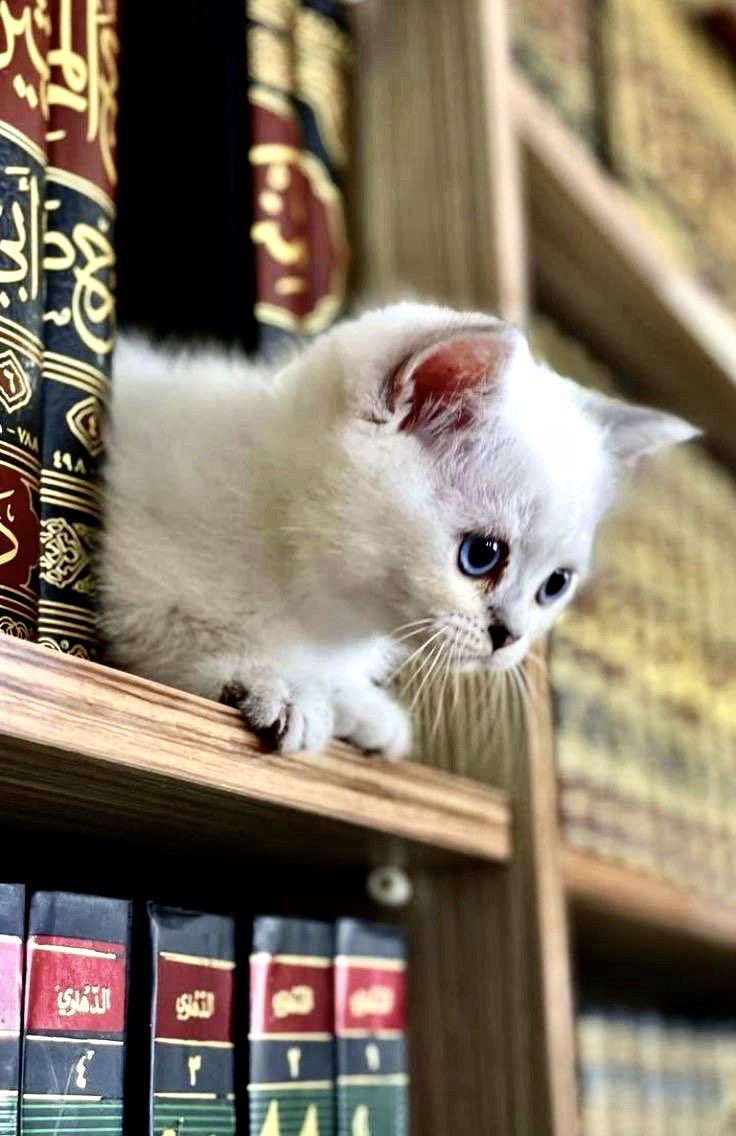
Discover more about cats, books and the Qur'an - with sources of information & inspiration for this thread:
baytalfann.com/post/cats-book…
baytalfann.com/post/cats-book…
• • •
Missing some Tweet in this thread? You can try to
force a refresh
















